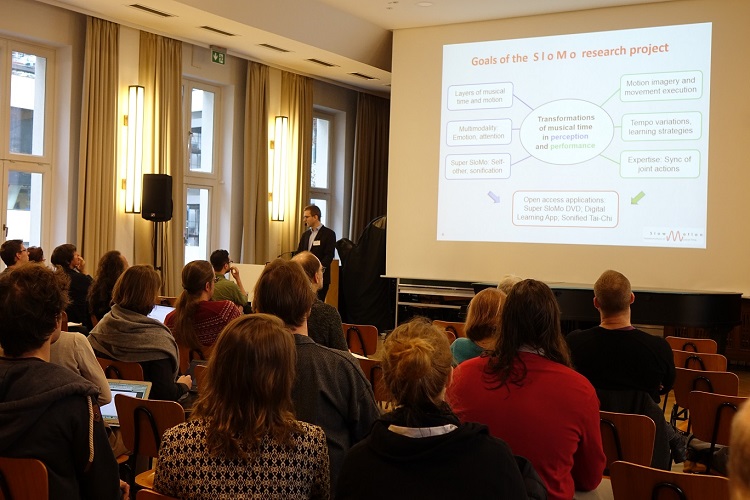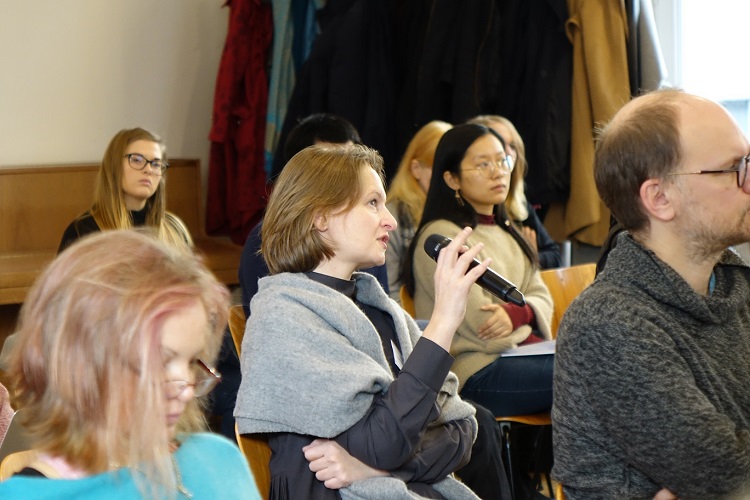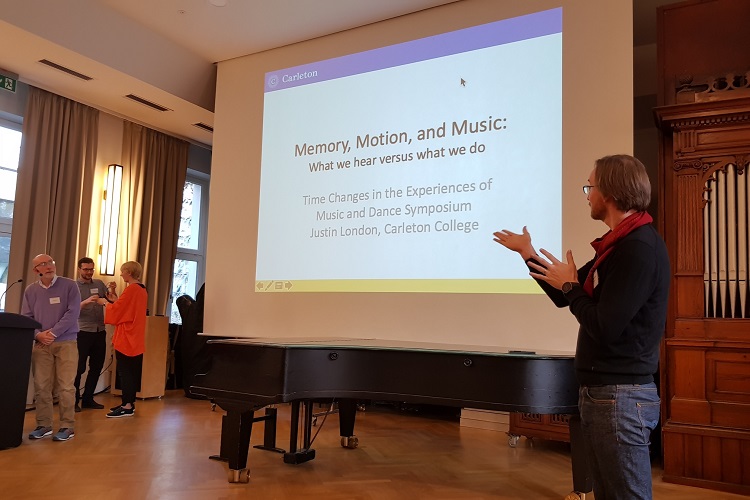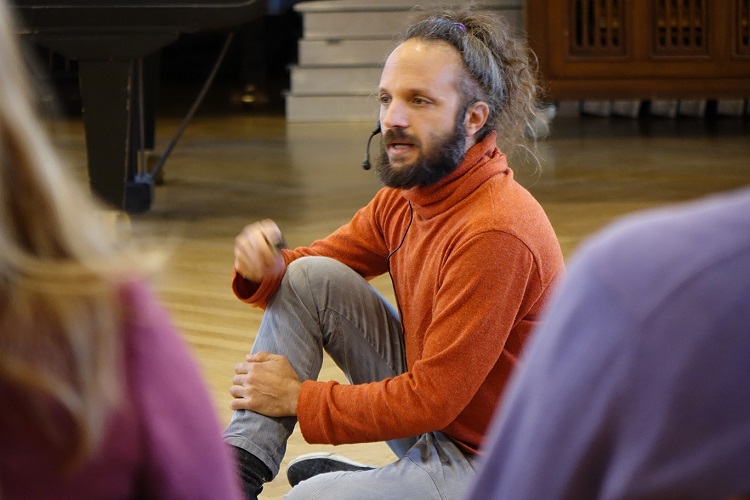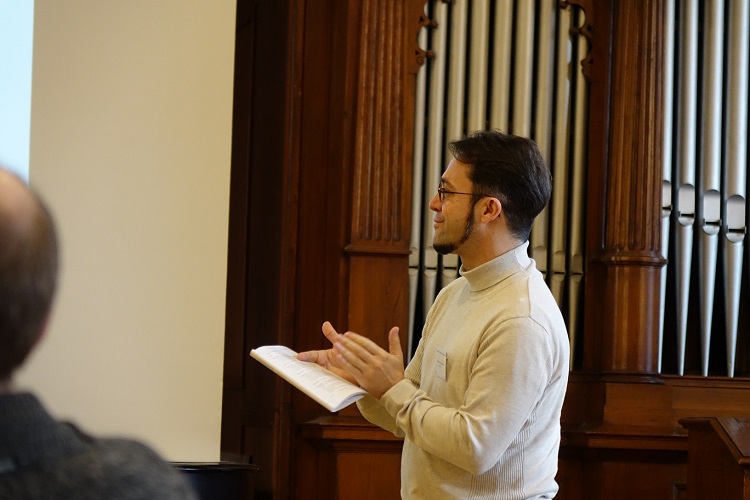Symposium 2019
Time changes in experiences of music and dance
November 29th–30th, 2019
Institute of Systematic Musicology, University of Hamburg, Germany
Experiences of time are elusive. What we perceive as past and present, and what we expect of future events typically differs from the equidistant units of clock-time. Factors such as attentional focus, emotional state, or activities simultaneously carried out may shape our sense of time. The performing arts, and in particular music and dance, can be described as a way of experimenting with time. Expectations, attentive perception and memory are crucial for perceiving performances as meaningful and coherent works of art over a given time span. It can thus be speculated that, to some extent, performing arts evolved for coping with changes of time, establishing links between the future, present and past. Music and dance may transform our temporal experiences, such that we feel lost in time, especially when experiencing flow states, or that time seems to be flying or stretched.
Attendees of the 'Time changes in experiences of music and dance' conference were invited to discuss current research on perceived changes of time and temporality in music and dance from diverse theoretical angles and methodological perspectives. Topics ranged from time representations, dilations and distortions; inner clock and attention models; chronobiology, neural and bodily groundings of time experiences; simultaneous temporal layers, small- and large-scale structures; to the human experimentation with time. In particular, the goals of the symposium were:
- To address how experiences of time and temporality are modulated in musical and dance activities, and how these experiences relate to, and may inform, current psychological and neuroscientific theories and aesthetic concepts.
- To discuss the ways in which music and dance, both as ephemeral forms of art, are based on time at different levels, from very brief moments lasting a few milliseconds up to larger forms that can span hours or even years.
- To bring together researchers from key related disciplines and discuss the latest development in time models with regard to their applicability in the performing arts sciences.
There were presentations by Asaf Bachrach (Paris), Freya Bailes (Leeds), Bettina Bläsing (Dortmund), Fleur Bouwer (Amsterdam), Birgitta Burger (Jyväskylä, Hamburg), Simone Dalla Bella (Montreal), Jörg Fachner (Cambridge), Coline Joufflineau (Paris), Justin London (Minneapolis), Guy Madison (Umeå), Jason Noble (Montreal), Guido Orgs (London), Michelle Phillips (Manchester), Alexander Refsum Jensenius (Oslo), Zhuanghua Shi (München), Virginie van Wassenhove (Paris), Marc Wittmann (Freiburg), and Clemens Wöllner (Hamburg).
Further information about the talks and poster presentations may be found in the symposium programme.
